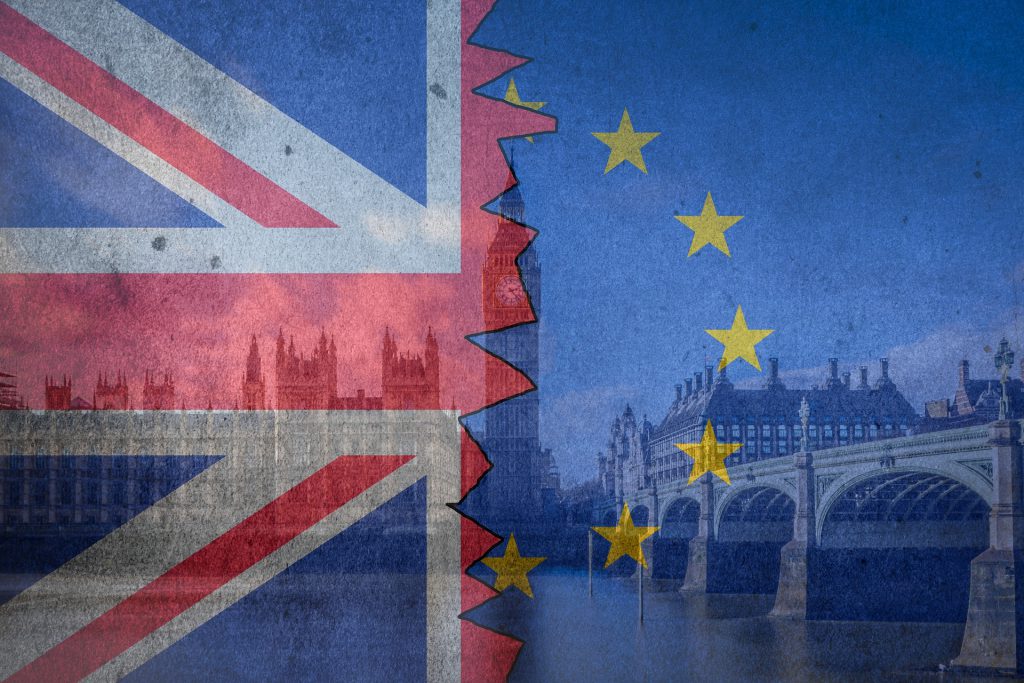EU Elections and Brexit Forecast

European Union Elections
Losses by the two major centrist parties in recent EU elections highlight the continued rise of populist parties in the EU. These elections also support the Western trend of citizens bucking their traditional political establishment. There is a growing belief that the permanent European political class does not serve the interests of the people. This is fueled by years of economic stagnation, hollowing out of real purchasing power, and a sense of cultural alienation.
Significant populist movements can be seen across the western hemisphere in the US, UK, Spain, Germany, Italy, Sweden, Brazil, Mexico, France and the Netherlands. A decade ago, many of these populist movements were a fraction of their current size. Some did not even exist. Greece was one of the first EU countries to catch the anti-establishment bug. It elected the left-wing euro-skeptic Syriza party in 2015. Greece was ground-zero for the continent-spanning carnage of the Great Financial Crisis. Today, eleven of the 28 EU countries are run by governments that are either completely populist or in which populist parties are included in ruling coalitions.
In euros, near-junk BBB bonds have delivered nearly 4.5% this year compared with just 3.3% for peers rated two levels higher, according to Bloomberg Barclays indexes. The gap between BBB and A spreads in euros now stands near 55bps after approaching 70bps at the start of 2019. With Purchasing Managers Indexes (economic data) in free fall across Europe, a trade war raging and political risk on the rise – investors are still reaching for yield in the Eurozone. The good news is, Eurozone corporate defaults are few and far between, but recovery rates are plummeting as new debt gets piled on top of older debts to keep the dream alive.
Brexit Developments
Prime Minister Theresa May was remarkably ineffective in passing a Brexit deal to remove the UK from the EU, causing her pending resignation on June 7th. The October deadline for Brexit looms large over the UK. Since Parliament was unable to pass a Brexit deal by the start of European elections of May 23rd, the UK will still send members to the EU parliament. May’s resignation will force the Conservatives to elect a new leader. The process could take roughly a month, involving first a selection of candidates by Conservatives in the house of Commons followed by a vote by Conservative Party membership UK-wide.
Boris Johnson is currently polling well ahead of the other candidates. As a Brexit hardliner and one of the original architects of the Brexit campaign, Johnson as Prime Minister could avoid a no-deal exit scenario and get the UK out of the EU. Johnson might be able to pull off a ‘Nixon goes to China’ moment- selling Brexit to the hardline backbenchers. Johnson holds almost legendary status amongst many Brexiteers, and it’s possible that he could be what bridges the divisions that are currently dividing the Conservatives. As a hardliner, he can renegotiate certain portions of the withdrawal framework with the EU leadership (even if it’s just relatively cosmetic changes).
The Pound has taken a beating since March. Analysis points to the high level of “Brexit exhaustion” the people of England are going through. At this point, they just want certainty and clarity, and want to get back to a normal life. Uncertainty is likely worse than Brexit itself. At this point after all the high drama, Brexit’s long-winded bark is likely far worse than its bite.

The Bear Traps Report



